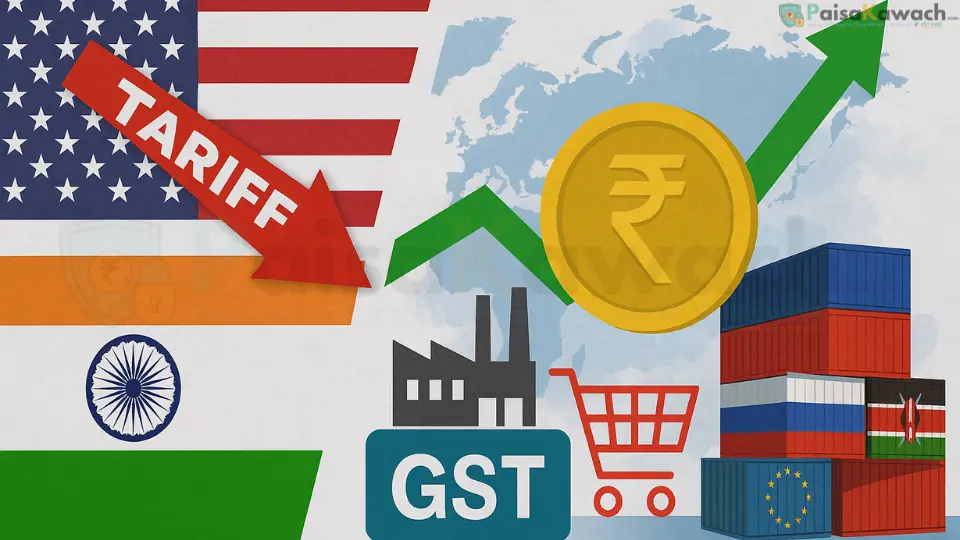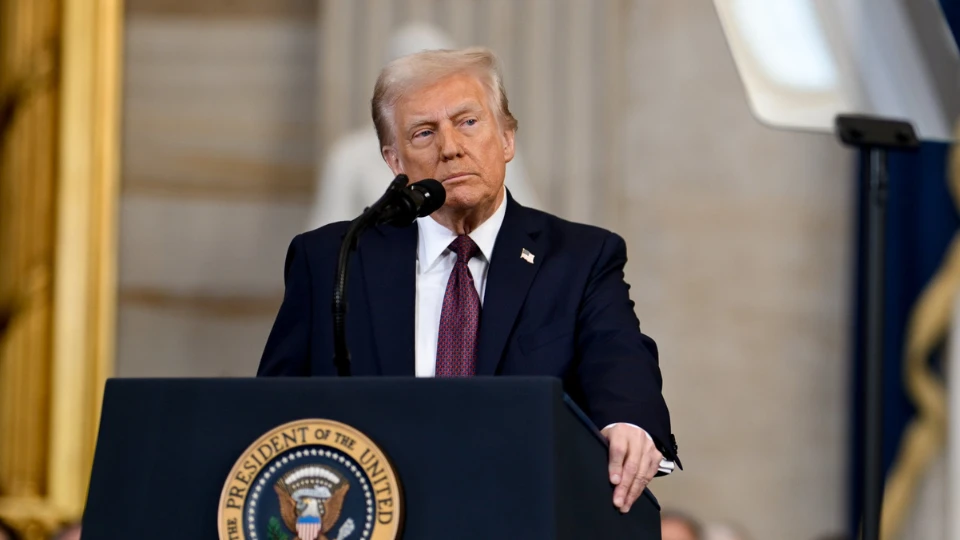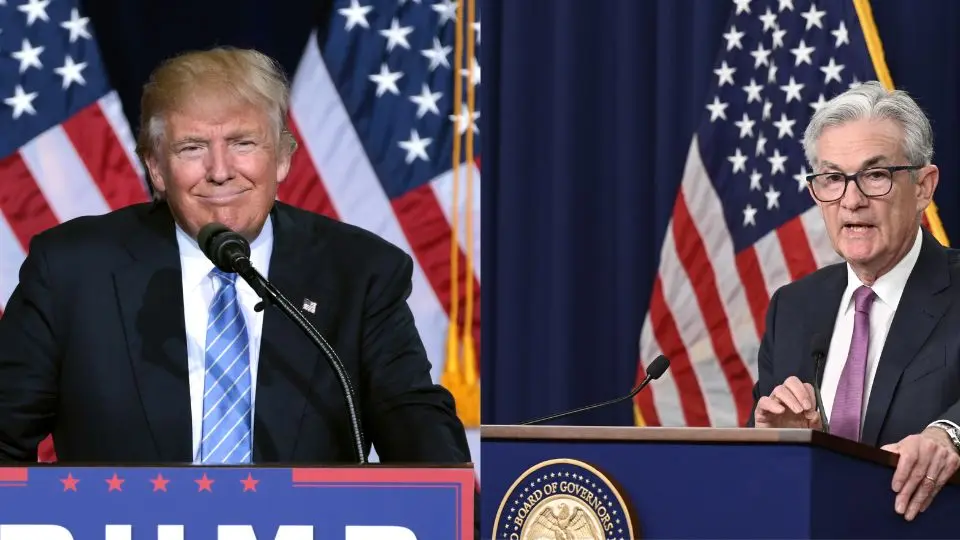In a move that jolted global markets, President Donald Trump has postponed the implementation of his highly publicized 50% copper tariff to August 1, 2025. The extension, described by insiders as part of a strategic pressure campaign rather than a policy pivot, comes amidst escalating trade tensions with multiple nations.
While some observers expected the tariffs to take immediate effect this week, the delay triggered a volatile reaction across commodity markets, especially copper—where prices surged to a historic high of $5.65 per pound earlier today.
Why the Delay Matters
Trump’s Signature “Tariff Letters” Strategy
The tariff extension appears to be part of President Trump's renewed use of "tariff letters"—an approach that pressures foreign governments to negotiate trade deals without necessarily enforcing full tariffs. According to The Washington Post, the administration has sent formal warnings to China, Vietnam, India, and the European Union.
Copper Prices Hit All-Time High
Reacting to the uncertainty, copper futures jumped nearly 13% overnight. Traders scrambled to hedge against supply risks, and U.S. manufacturers reliant on copper—especially in electronics, construction, and clean energy—expressed concern about cost spikes and supply chain disruptions.
- Freeport-McMoRan stock rose 7.2% in pre-market trading
- Southern Copper shares gained over 5%
- Industrial equipment makers like Caterpillar also saw a lift
According to The Guardian, this is the first time copper has crossed $5.60/lb in over a decade. Analysts warn that if tariffs do go into effect in August, prices could spike even further.
Pharmaceutical Sector Also on Edge
In addition to copper, Trump has floated 200% tariffs on imported pharmaceuticals, targeting nations he claims engage in "unfair subsidy practices." The pharmaceutical industry, already under pressure from drug pricing reforms, is bracing for disruptions—especially firms that source raw ingredients from Asia.
Legal and Political Fallout: A Growing Divide
Legal scholars and trade watchdogs have raised fresh concerns over the president's expansive use of unilateral tariff authority. Some lawmakers are now pushing for tighter congressional oversight, arguing that the “tariff letter” strategy lacks transparency and economic logic.
Meanwhile, the business community remains divided. Some CEOs praise Trump’s aggressive bargaining tactics, while others worry about long-term damage to America’s global trade reputation.
What’s Next Before the August 1 Deadline?
With less than a month before the new deadline, all eyes are on upcoming negotiations with the EU, Japan, and India. Trade envoys from these nations are expected in Washington next week, though no formal deal frameworks have been announced yet.
Market analysts suggest investors prepare for more short-term volatility, especially in commodity-heavy sectors. Safe-haven assets like gold—which has already surged past $3,300 per ounce—may continue rising as the deadline looms.
- Expect further copper price rallies in July
- Watch for legal battles over tariff authority
- Monitor pharma and construction stocks for early reactions
Conclusion: A Delay That Doesn’t Calm Markets
While President Trump’s decision to push the tariff deadline to August 1 may appear to buy time for diplomacy, markets see it as a temporary reprieve—one that only deepens uncertainty. From Wall Street to Washington, the message is clear: trade tensions are far from resolved, and the real impact may only just be beginning.







